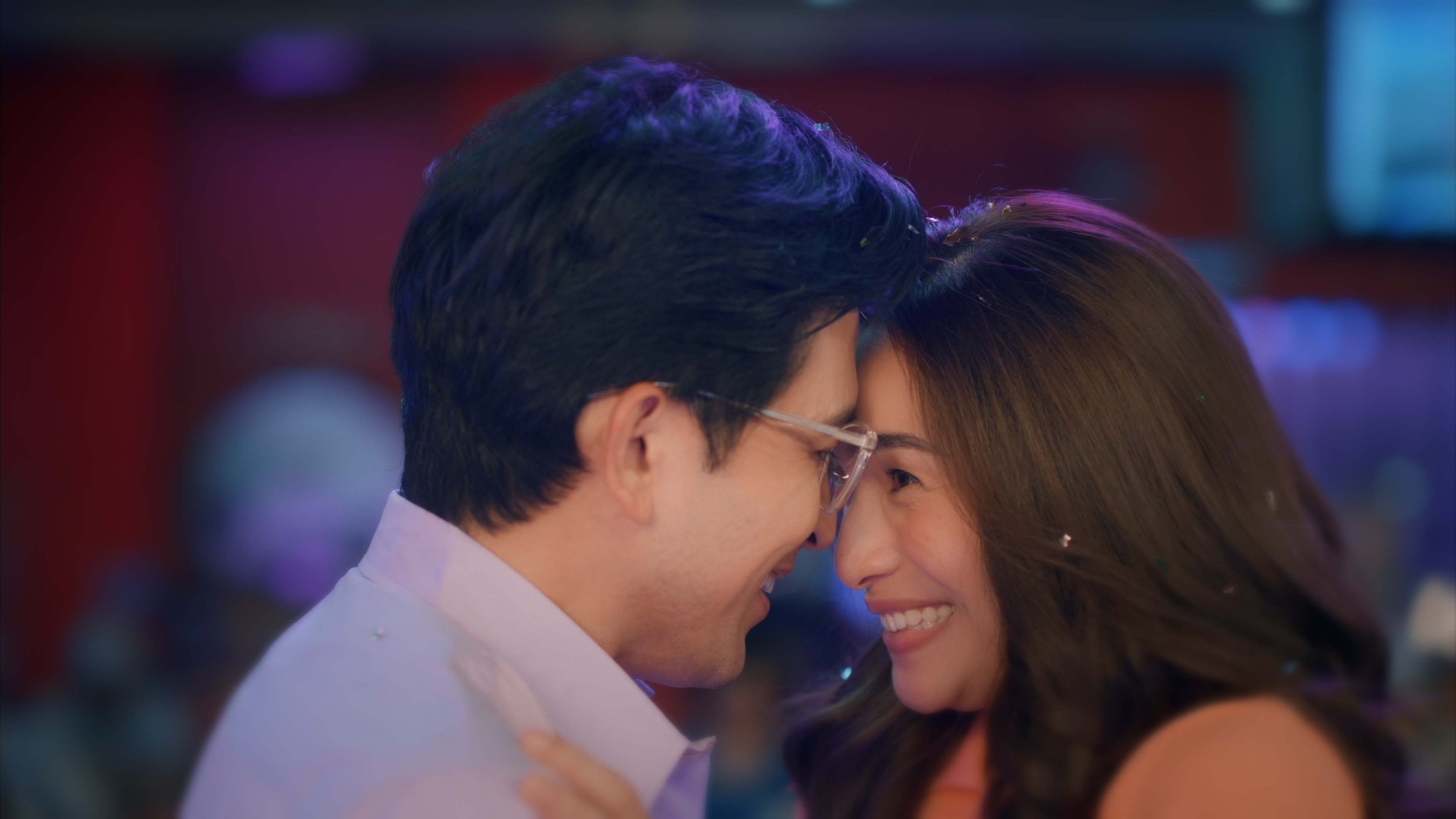‘Suzume’ REVIEW: Shinkai as a matured storyteller on the tale of collective grief
‘Suzume’ REVIEW: Shinkai as a matured storyteller on the tale of collective grief
Makoto Shinkai is back with another film, and it seems that he can’t let go of natural disasters being one of the main themes of his films. His previous film, Your Name, was influenced by the 2011 Tōhoku earthquake that wreaked havoc in Japan. Followed up by the more obnoxious Weathering With You, which took a more broader perspective into looking at climate change. However this time around, he seems to have grown and matured as a storyteller. His most recent film, Suzume, explores the theme of collective grief and trauma by setting the Great East Japan earthquake of 2011 as the backdrop for every part of its narrative.
Still combining elements of disaster and fantasy through stunning and captivating visuals, Suzume no Tojimari has a story that feels more complex and real than the previous two Makoto Shinkai films. With a more heart-wrenching story, Shinkai uses Suzume’s backdrop as a foundation where grief and loss could be transcendental and turn into something that is transformative and profound.
Suzume is the culmination of what Makoto Shinkai has been aiming for, his growth as a storyteller led to this film. While his previous two films, Your Name and Weathering with You had its usual strong youthful coming-of-age sensibilities, Suzume is Shinkai striving to make a more dramatic and grandiose approach to his typical narrative. It is undoubtedly the most clear picture in attempting to address the theme that evidently intrigues him deeply the most: a reflection on the nature of humanity, even if it fails to fully pay off.
The way he deconstructs and reframes the themes and motifs that have lingered in all of his projects since then make it obvious that this is the movie he's been longing to accomplish. Was it better than Your Name or any of his previous films? Is this finally his masterpiece? I can’t say for sure, as there are still issues in the way he writes his story, thematically though, this is his best work to date, perhaps his most compassionate one as well.
This movie also marks a significant improvement over Shinkai's earlier works in that he never seems to objectify her female characters or portray them like some idealized image of a woman. While Suzume may not express its story eloquently well, it does emphasize that this isn't really a story of love between a girl and a chair. Yes, it is true that Suzume fought for Souta to the end. However, beyond that, this film is entirely Suzume's journey. About how a teenage girl faced her trauma and made peace with herself. Other than that, the film is also patched with epic moments, charming visuals, unique chemistry between Suzume and Souta, and the people they meet during the trip. Moreover, behind all these frenetic things, Shinkai is able to slip a universal as well as personal message that is very touching, particularly about the impact of natural disasters and trauma. Makoto Shinkai may not be able to let go of natural disasters being one of his motifs, but the difference this time is he’s matured, and the way he handles the themes of trauma and natural disasters this time around feels much more subtle, sensitive, and taken with care.
Suzume is a sincere and poignant exploration of humanity's collective grief amid a tragedy. Despite the writing and story’s shortcomings, there’s just something incredibly moving about a young teenage girl making an effort to stop a major tragedy and the deaths of others when she has already suffered the worst tragedy of her life, for once a Makoto Shinkai film that feels cathartic and soulful.












